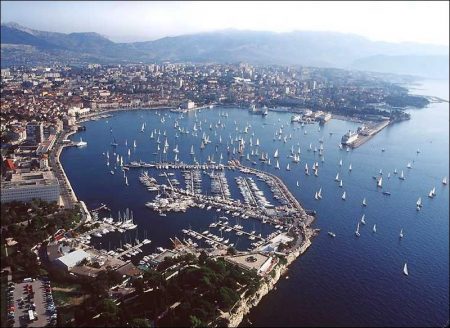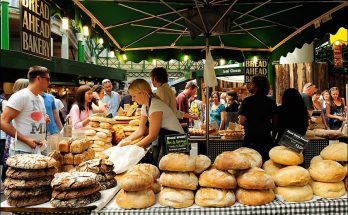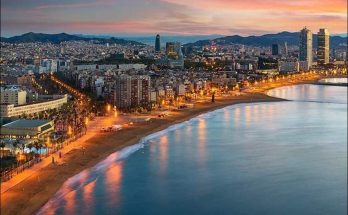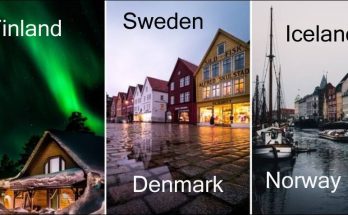Split is the second-largest city of Croatia and the largest city of the region of Dalmatia. It lies on the eastern shore of the Adriatic Sea, centred on the Roman Palace of the Emperor Diocletian. Spread over a central peninsula and its surroundings, Split’s greater area includes the neighboring seaside towns as well. An intraregional transport hub and popular tourist destination, the city is a link to numerous Adriatic islands and the Apennine peninsula.
Split is one of the oldest cities in the area. While traditionally considered just over 1,700 years old, counting from the construction of Diocletian’s Palace in 305 CE, the city was in fact founded as the Greek colony of Aspálathos (Aσπάλαθος) in the 4th century BC, about 2,400 years ago. It became a prominent settlement around 650 CE, when it succeeded the ancient capital of the Roman province of Dalmatia, Salona: as after the Sack of Salona by the Avars and Slavs, the fortified Palace of Diocletian was settled by the Roman refugees.
Split became a Byzantine city, to later gradually drift into the sphere of the Byzantine vassal, the Republic of Venice, and the Croatian Kingdom, with the Byzantines retaining nominal suzerainty. For much of the High and Late Middle Ages, Split enjoyed autonomy as a free city, caught in the middle of a struggle between Venice and the king of Hungary for control over the Dalmatian cities.
North of Dubrovnik, Split was built around a 4th century AD Roman palace of the Emperor Diocletin which was made the center of the annual Split summer Festival. Of interest are the Venetian Gothic and Renaissance buildings, medieval churches and towers. The Mestrovic Gallery contains the wrks of famous sculptors. For hotels, try the Marjan (Obala Jna BR8), the Split and Park (Setaliste 1, Maja 15).
The island of Krk (which can be reached from Rijeka) is the scene of Penthouse Adriatic, a luxury vacation enterprise whose wide ranging facilities cater for the most extravagant needs. It is well worth taking a cruise from Split, around the Adriatic islands, stopping at Hvar (an Adriatic paradise) and Korcula (birth place of Marco Polo) renowned for its wine and colorful traditional dancing.
Views: 165



